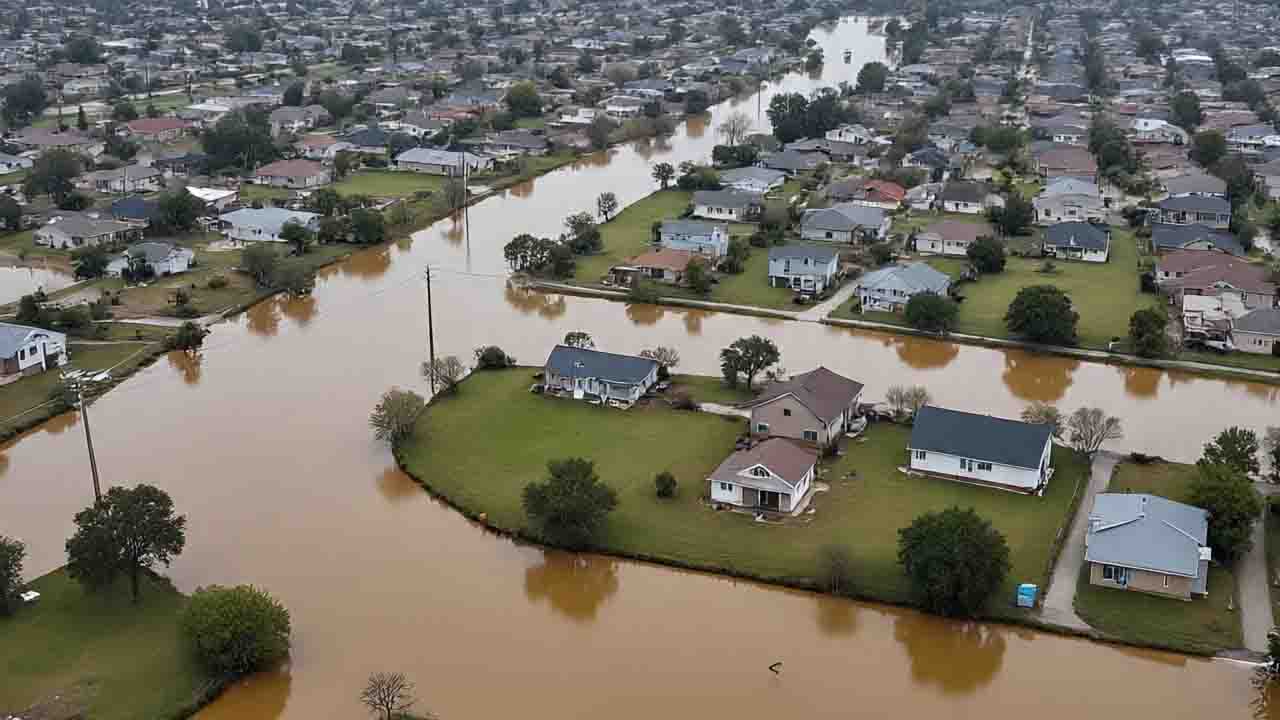
Arcadiadaily – Texas Drowns is no longer a figure of speech it has become a tragic reality. Torrential rains swept across Central Texas this week, triggering some of the most devastating flash floods in the state’s recent history. As of the latest reports, 129 lives have been lost, including 27 children, with over 160 people still missing. Entire communities have been submerged, roads turned into rivers, and emergency response teams stretched to their limits.
The disaster struck suddenly, overwhelming drainage systems and catching residents off guard. Surging floodwaters forced families to climb onto rooftops, signal for rescue from trees, and abandon their homes and vehicles. Local officials have declared a state of emergency, with damages now estimated between $18–22 billion. This figure includes destroyed infrastructure, lost homes, agricultural loss, and economic disruption across the region.
As Texas Drowns, environmental experts and climate advocates are sounding the alarm louder than ever. Scientists link the intensity and scale of the flooding to the broader impacts of climate change, as warmer air carries more moisture and increases the risk of extreme precipitation events.
“Ford Phases Out 2.0L Diesel in Europe, Shifts to Greener PHEV”
Scientists argue that these “once-in-a-century” disasters are happening far too frequently, and Texas is not alone in facing the consequences. What’s also drawing fire is the recent federal funding cuts to weather services and disaster preparedness agencies, which critics say left communities less equipped to anticipate and respond to such events.
The tragedy is quickly becoming a flashpoint in national debates about infrastructure resilience, federal responsibility, and climate action.
Now that Texas Drowns has captured global headlines, the focus turns to the path forward. Rescue efforts are ongoing, with international aid offers already coming in. Rebuilding, however, will take months if not years. And for families who lost loved ones, no recovery can ever be full.
This flood leaves behind a moral question for lawmakers and citizens alike: What must change to prevent another disaster like this? From improved urban planning and flood management to stronger investment in climate forecasting, Texas’s tragedy is a wake-up call that demands more than sympathy it requires action.
“Pen Meets Prompt: Writers Are Embracing AI as Creative Partners”